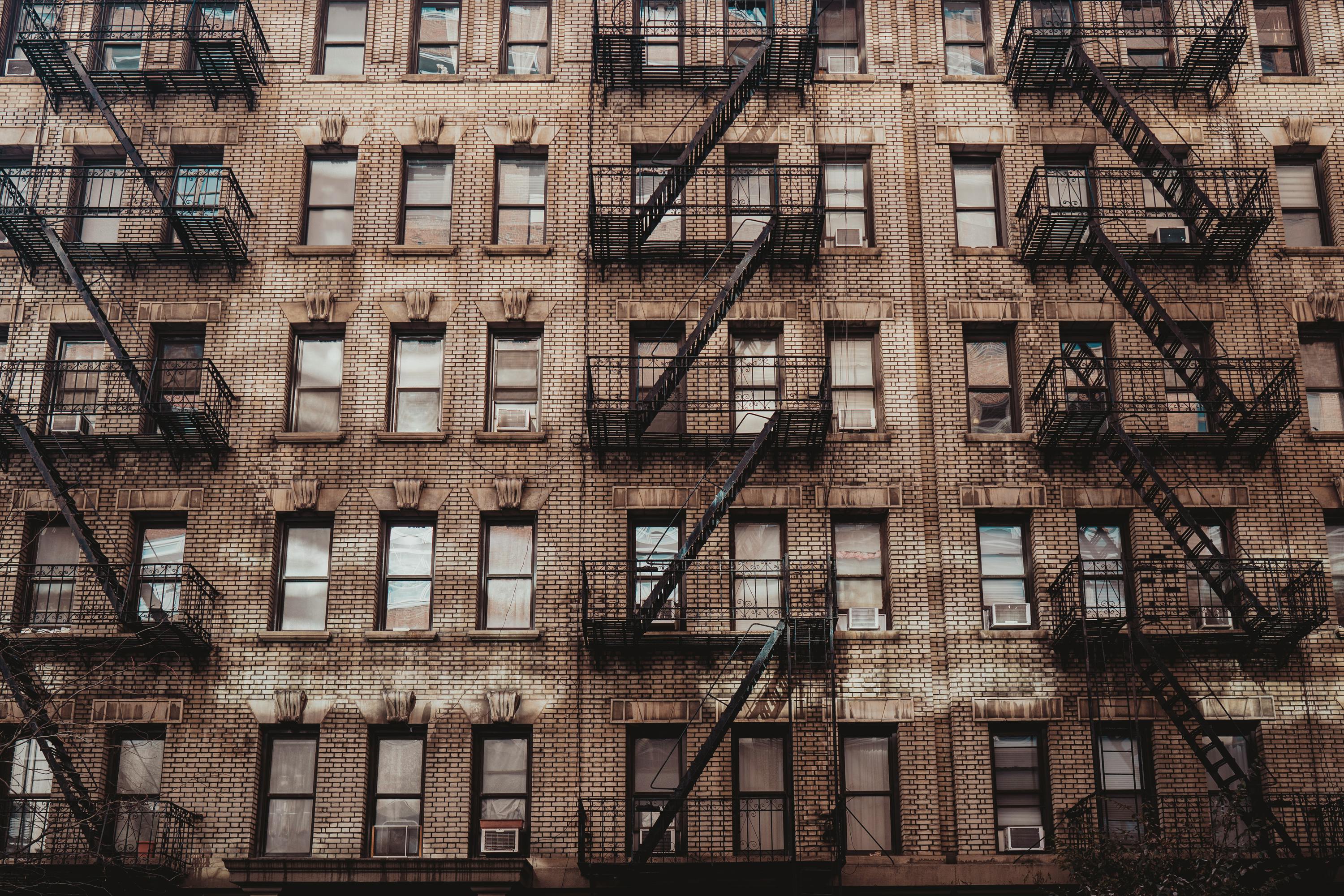
Navigating Affordable Housing Options in New York for Medicare-Eligible Residents Aged 30-49
Navigating the complex realm of affordable housing in New York can be especially daunting for Medicare-eligible residents aged 30-49 who often find themselves caught between pressing economic challenges and limited housing options. As individuals in this age group may have unique needs and financial considerations, it is essential to understand the various resources available to assist them in finding suitable living arrangements. Affordable housing is not just a matter of economics; it impacts health, security, and overall quality of life. Fortunately, options exist that cater specifically to the needs of residents in this demographic. In this blog post, we’ll explore key affordable housing options available in New York for those aged 30-49 eligible for Medicare.
Understanding the Landscape of Affordable Housing in New York
New York City is known for its high living costs, and finding affordable housing is a significant issue that affects many residents. The affordable housing landscape is complex, influenced by factors such as income level, household size, and available resources. For Medicare-eligible residents aged 30-49, navigating this landscape can be particularly challenging, especially if they are on a fixed income or face additional medical expenses. Various housing programs are designed to assist low and moderate-income individuals, including tax credits, rental assistance programs, and subsidized housing options. Organizations like the Homes and Community Renewal initiative offer a comprehensive database for affordable housing listings statewide that cater to various needs, including age and health considerations.
Key Housing Programs Available for Medicare-Eligible Residents
Several programs are tailored to support individuals and families in need of affordable housing in the New York area. One noteworthy option is the Mitchell-Lama housing program, which provides subsidized housing for middle-income New Yorkers. This program can be beneficial for Medicare-eligible residents who may also be dealing with previous economic challenges. Additionally, the New York Foundation for Senior Citizens offers enriched housing programs that extend beyond traditional subsidized housing, aiming to create supportive living environments for seniors. These programs take into consideration medical needs and facilitate access to essential services, allowing eligible individuals to maintain a level of independence while receiving necessary support.
Navigating Application Processes for Housing Assistance
Applications for programs targeting affordable housing can often seem daunting, particularly since many individuals may not have experience with such processes. The first step for potential applicants is to gather all relevant personal and financial information, including proof of income, medical expenses, and any other supporting documentation. It is also advisable to visit the websites of local housing authority offices, which can provide detailed guidance on application procedures and eligibility requirements. Programs often have varying processes, and understanding the specific needs of each program can streamline applications significantly. Furthermore, many non-profit organizations offer free assistance and resources to help residents navigate these complicated processes, ensuring a smoother experience.
Finding Long-Term Solutions: Community Resources and Support
Community resources play a crucial role in connecting Medicare-eligible residents with affordable housing options. Local non-profit organizations, housing councils, and senior citizen support services often serve as valuable advocates, helping residents understand their rights and available resources. Engaging with local community centers can provide insights into upcoming housing developments tailored to meet the needs of younger residents. Additionally, attending workshops and informational sessions hosted by various organizations can equip residents with essential knowledge on financial planning, housing rights, and available subsidies. As housing security strongly impacts overall well-being, utilizing these resources is critical for residents looking to establish long-term solutions.